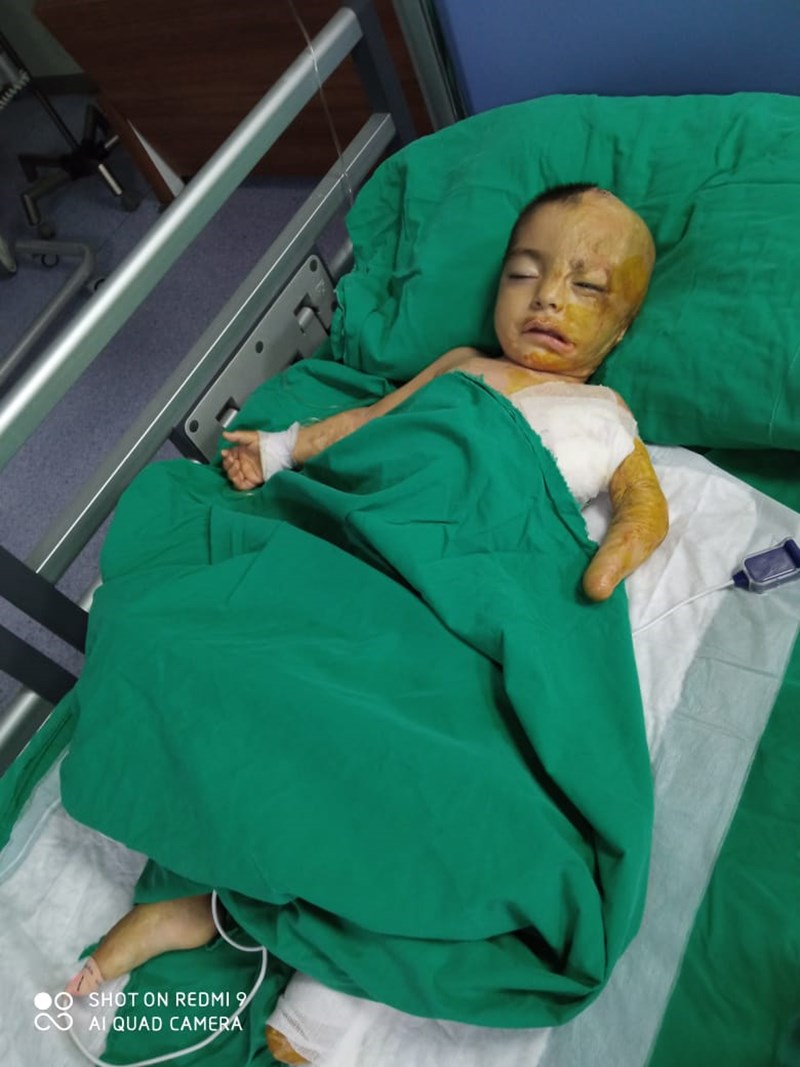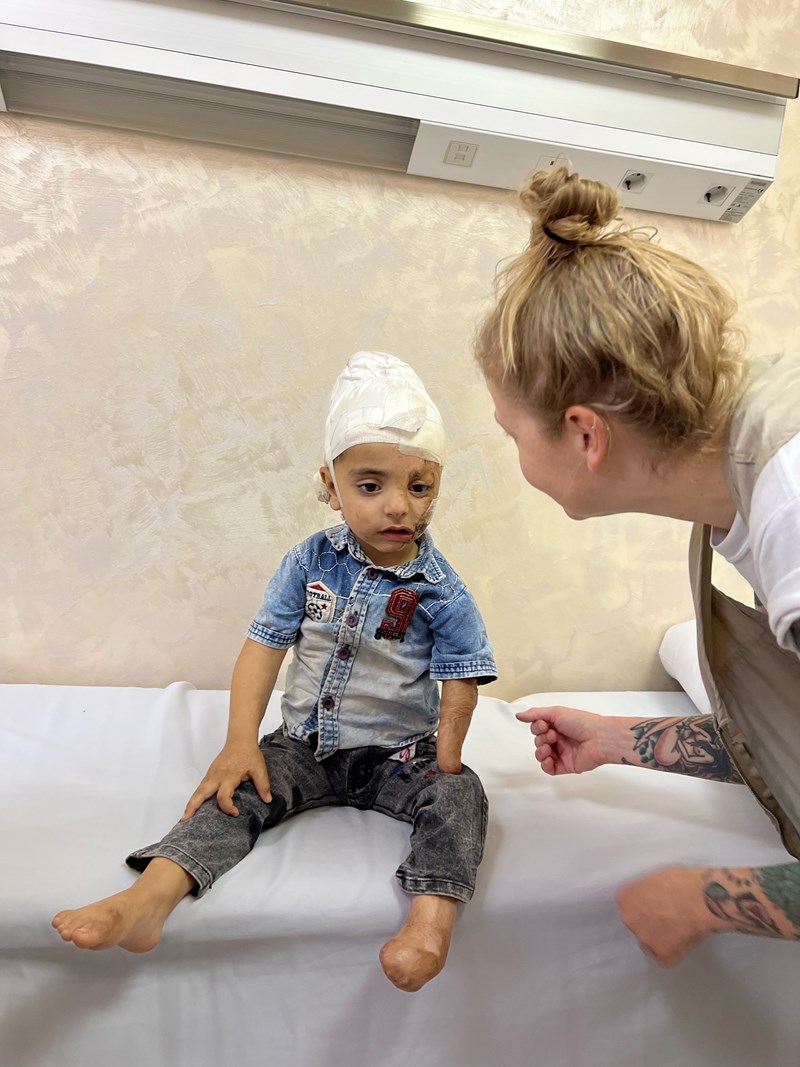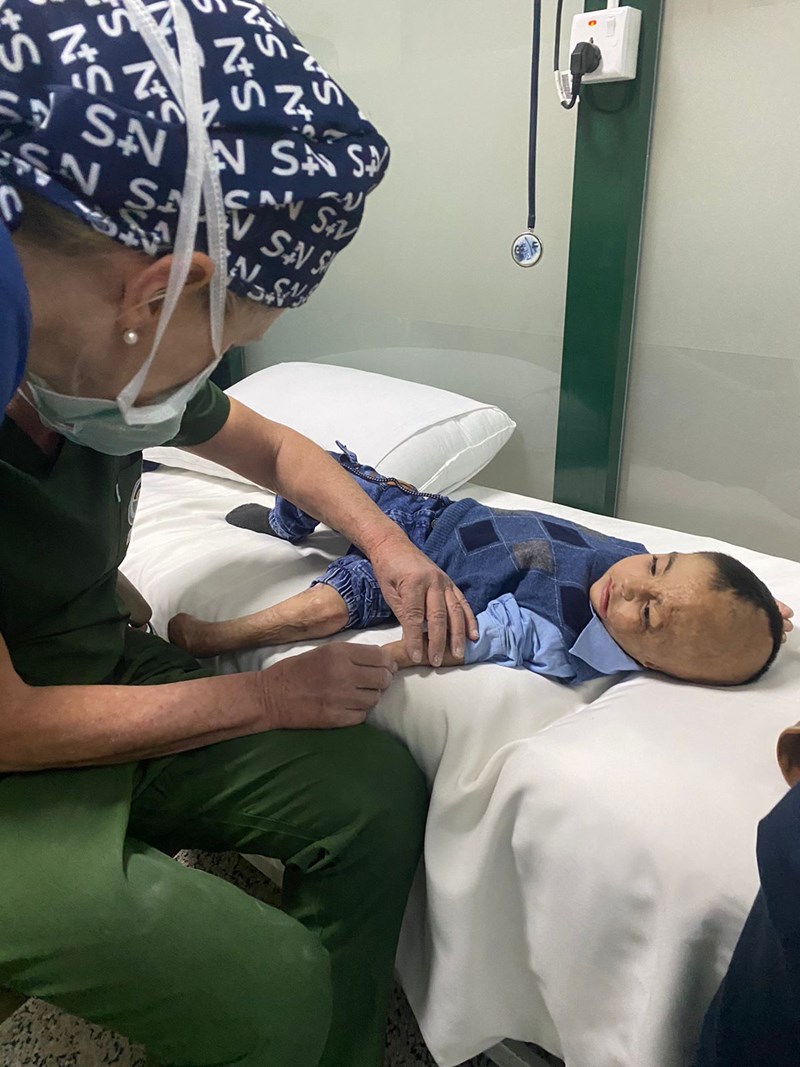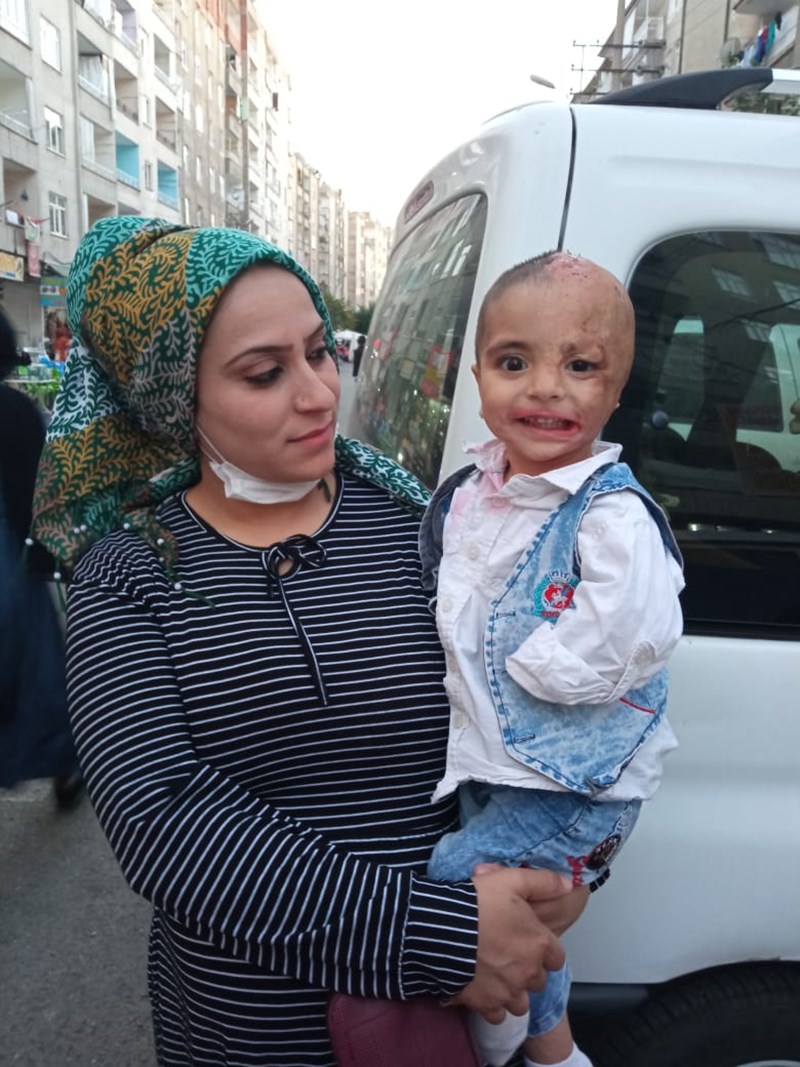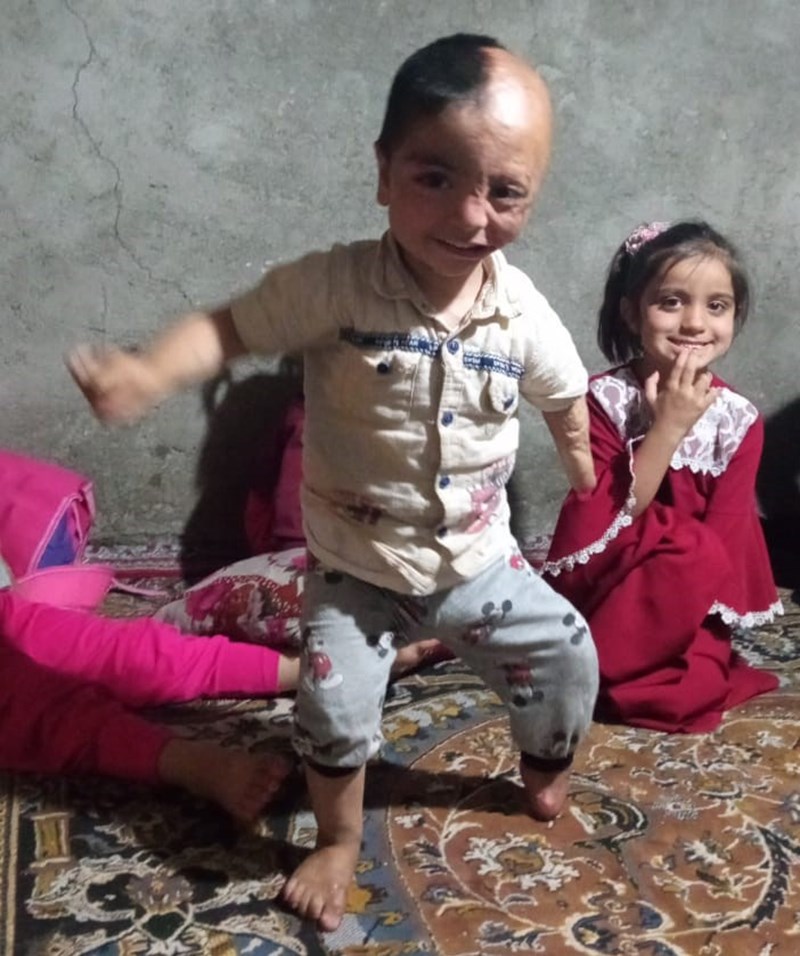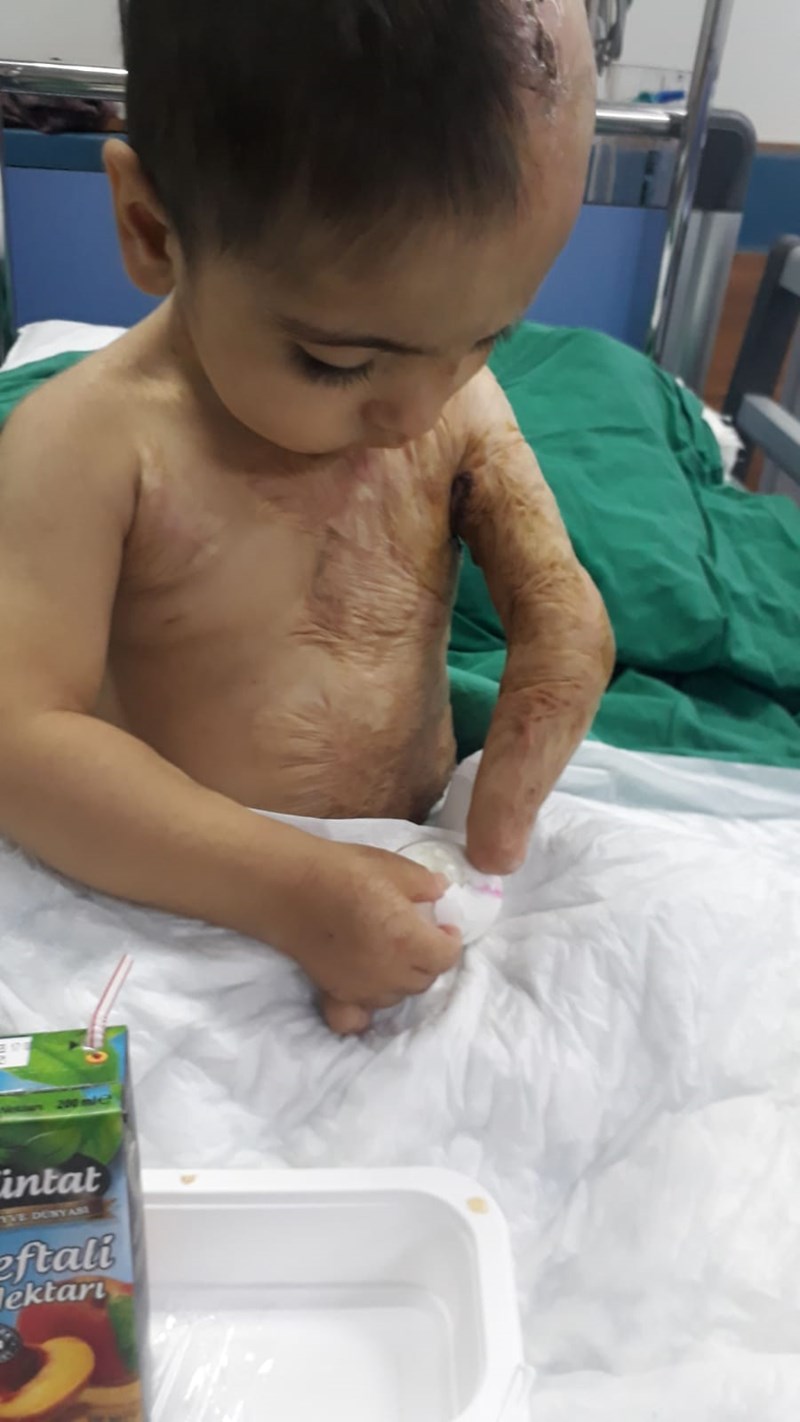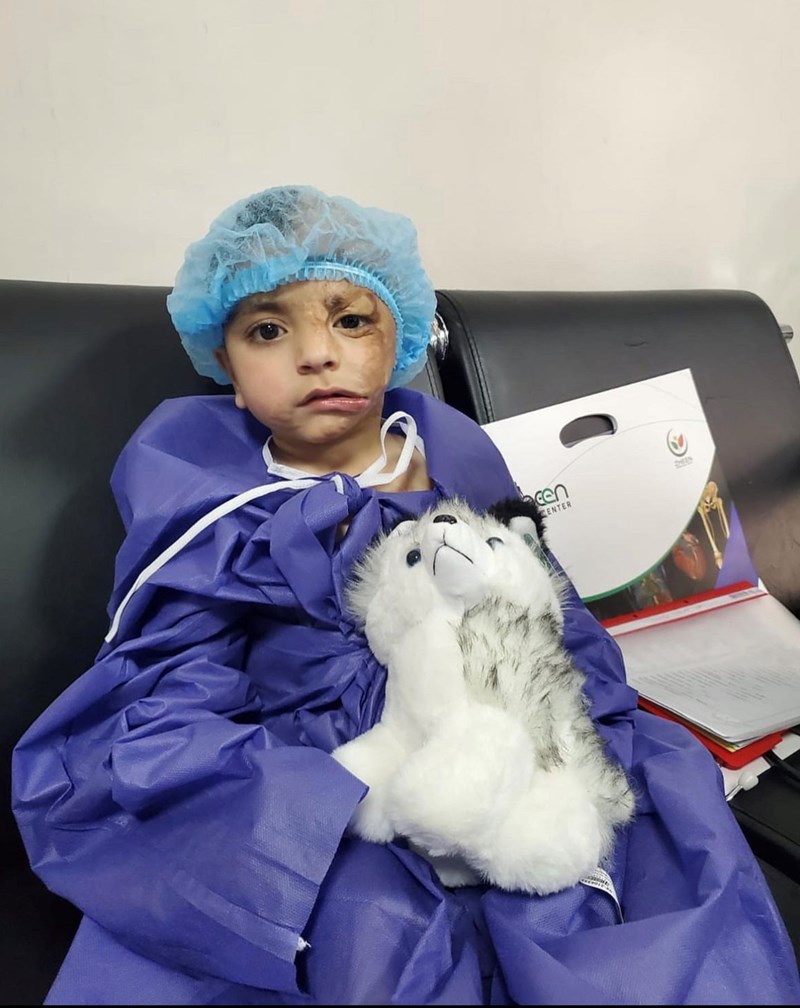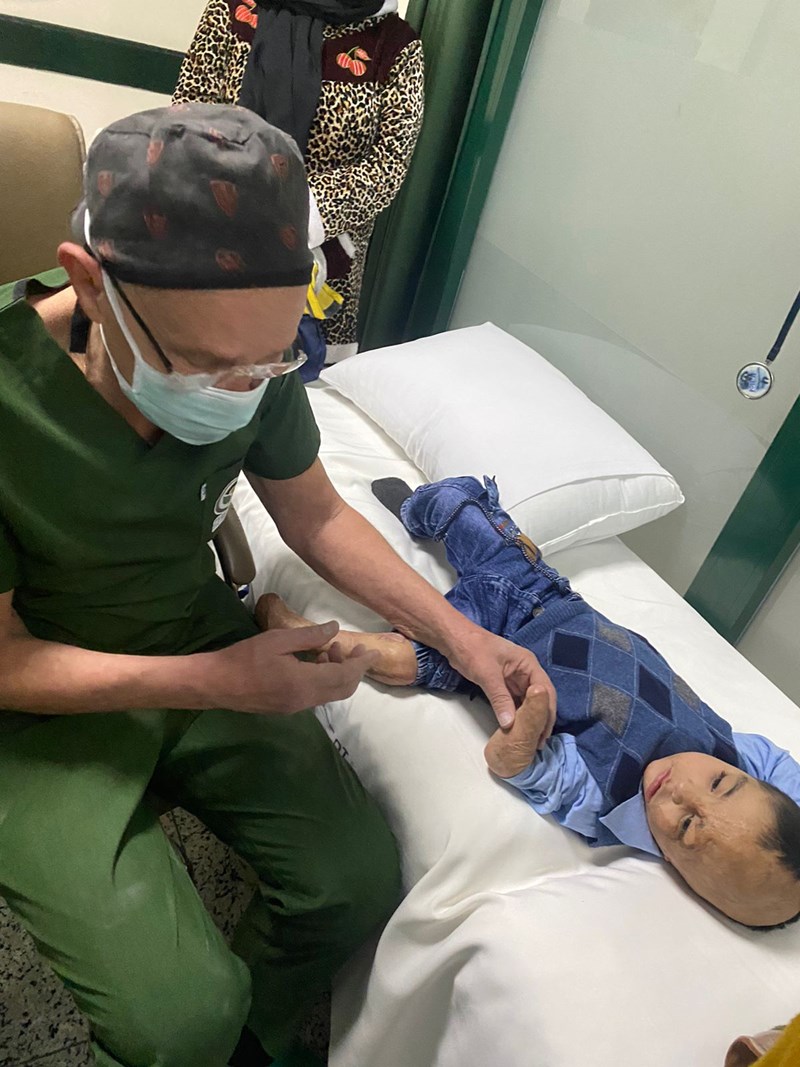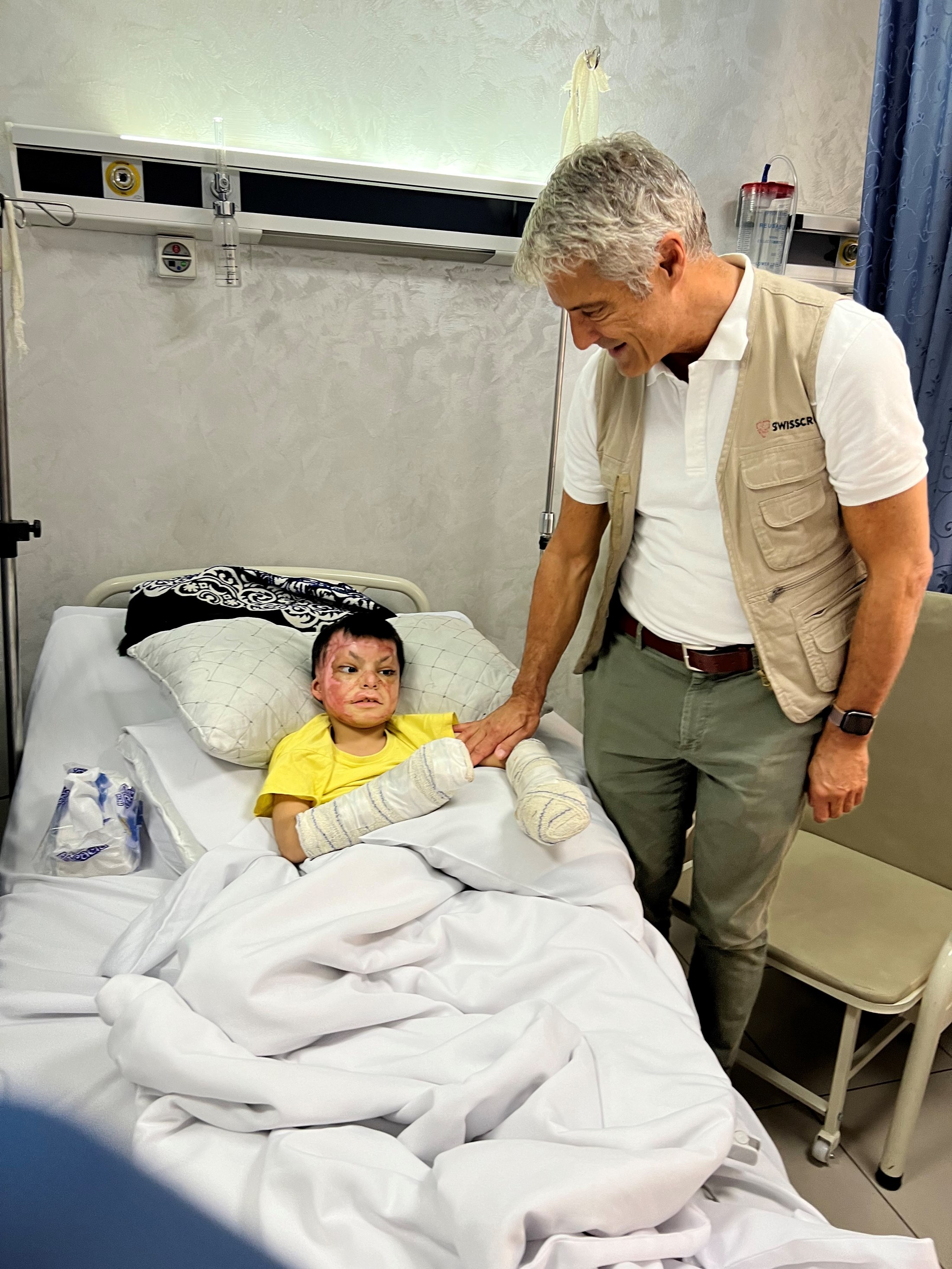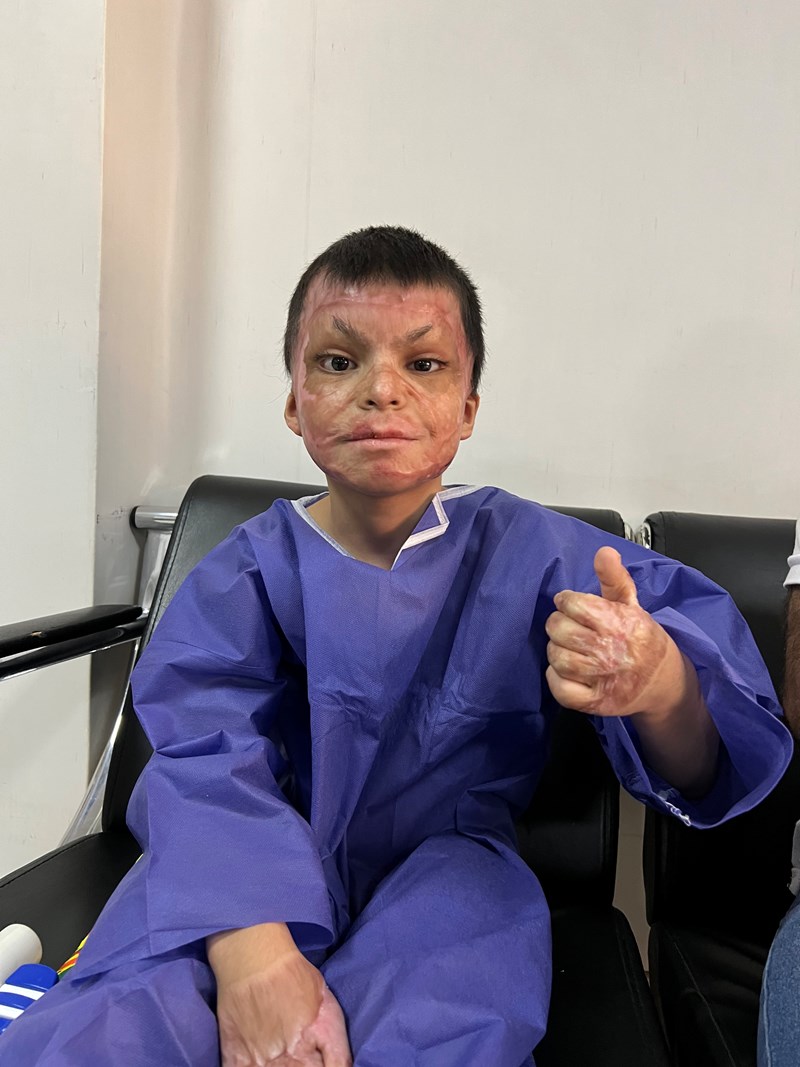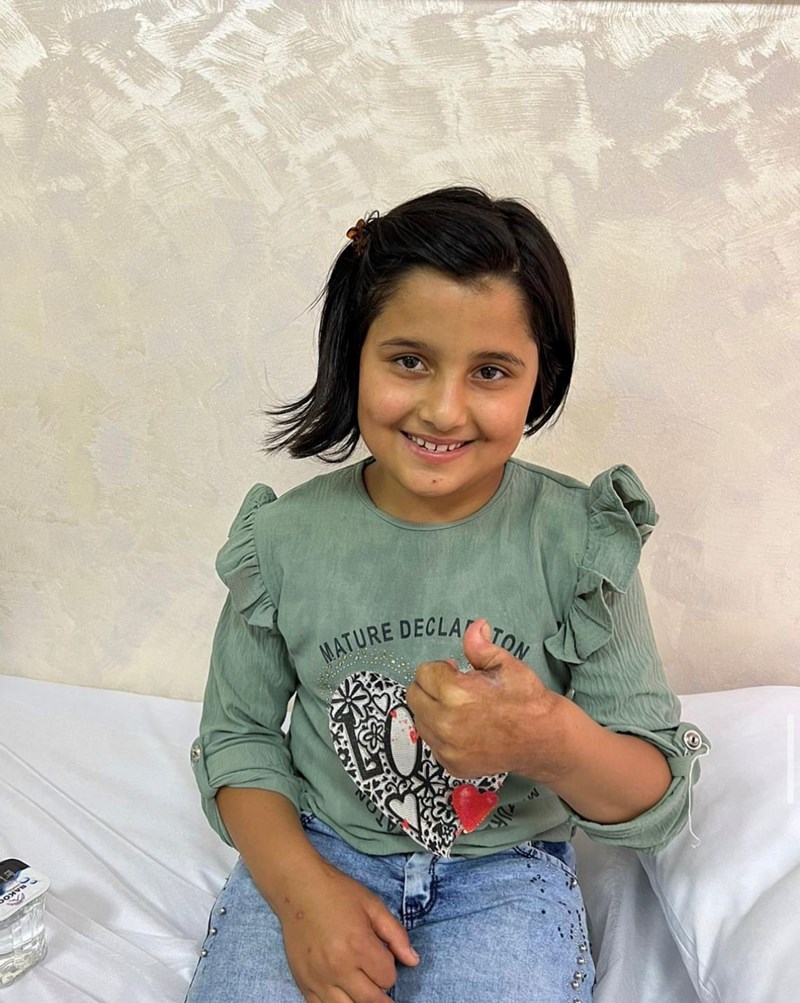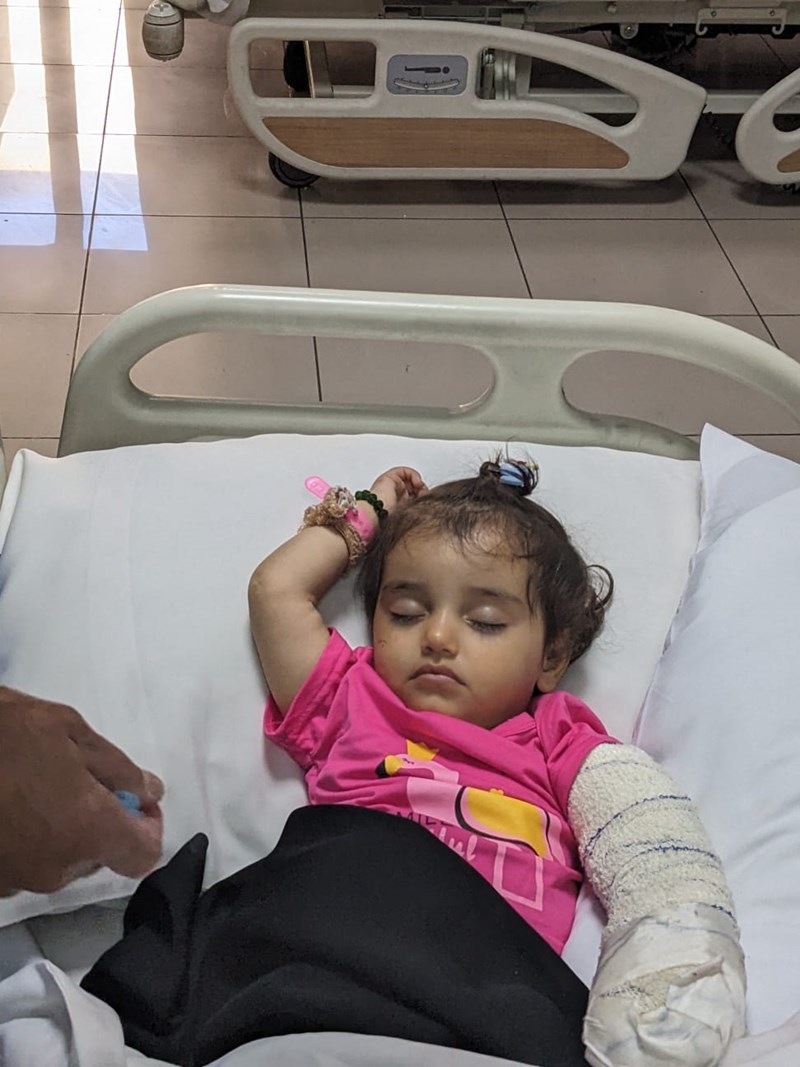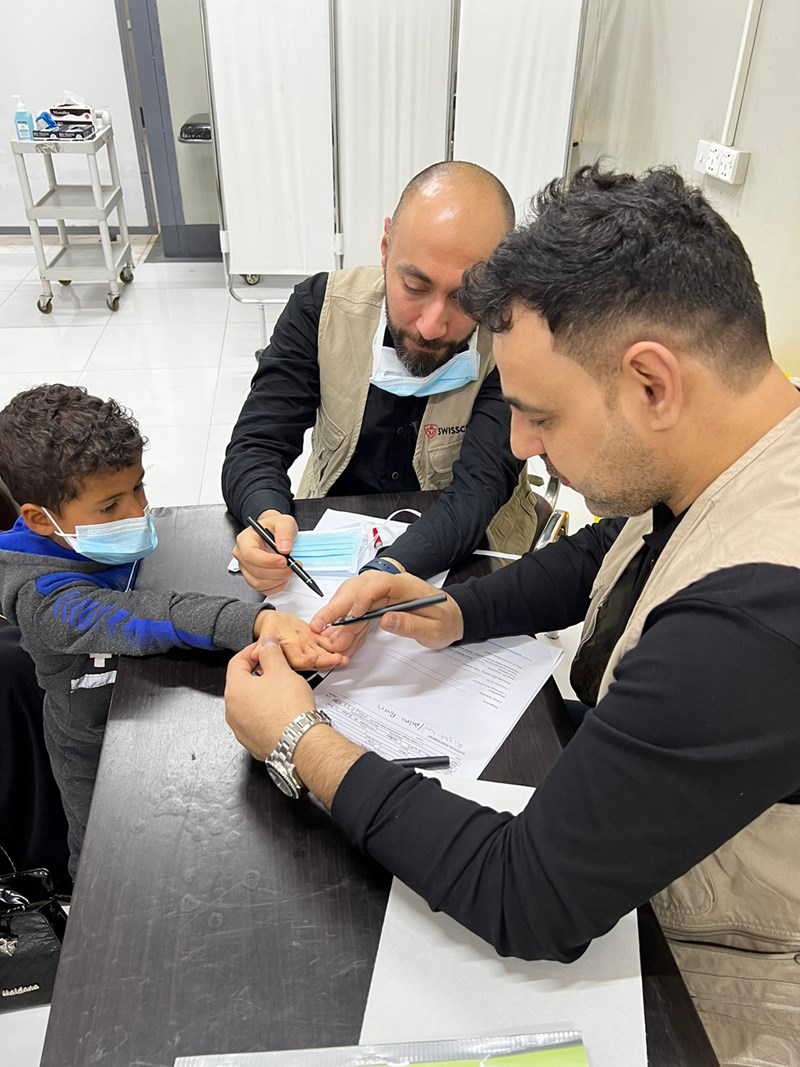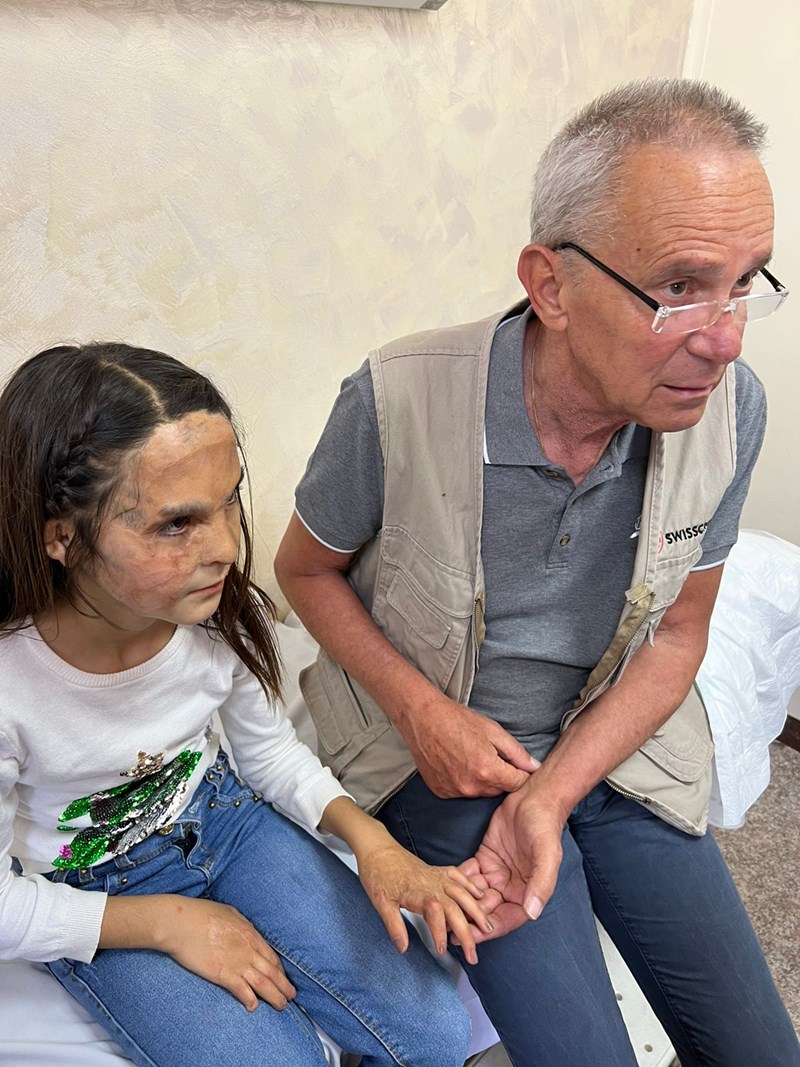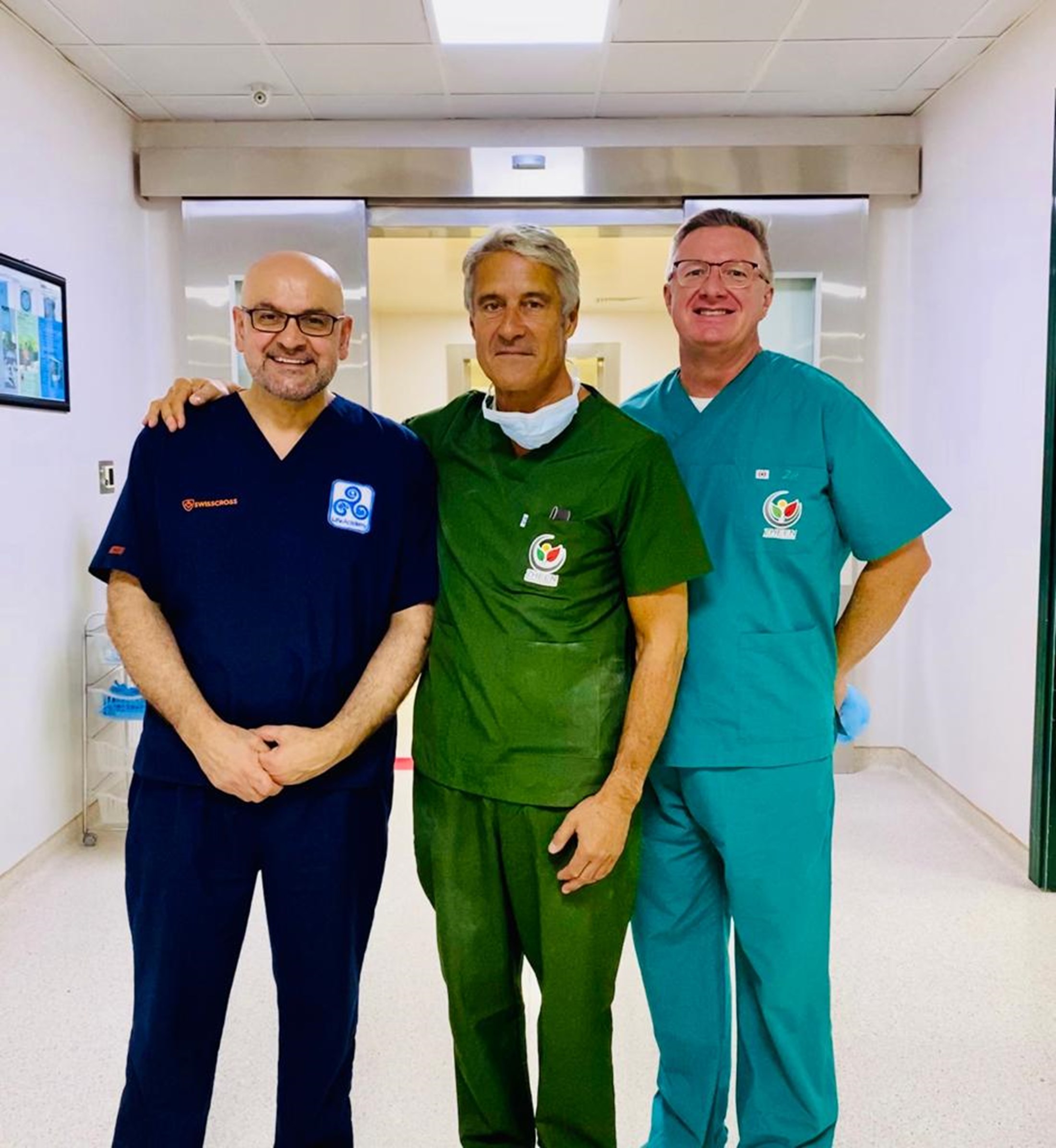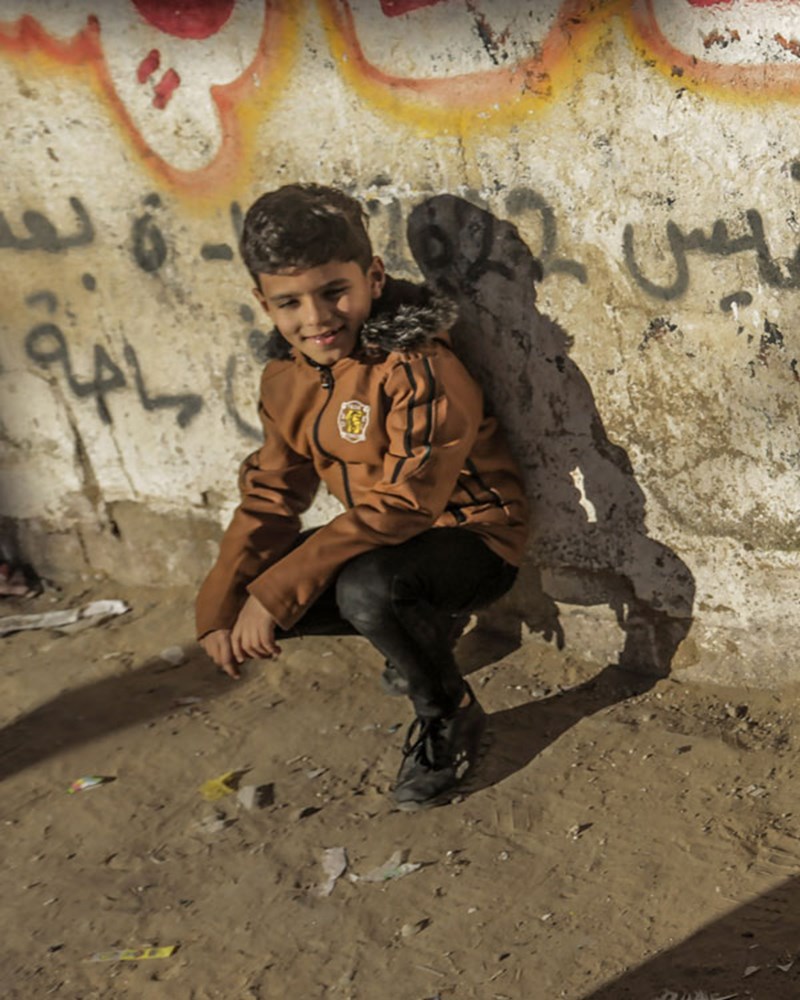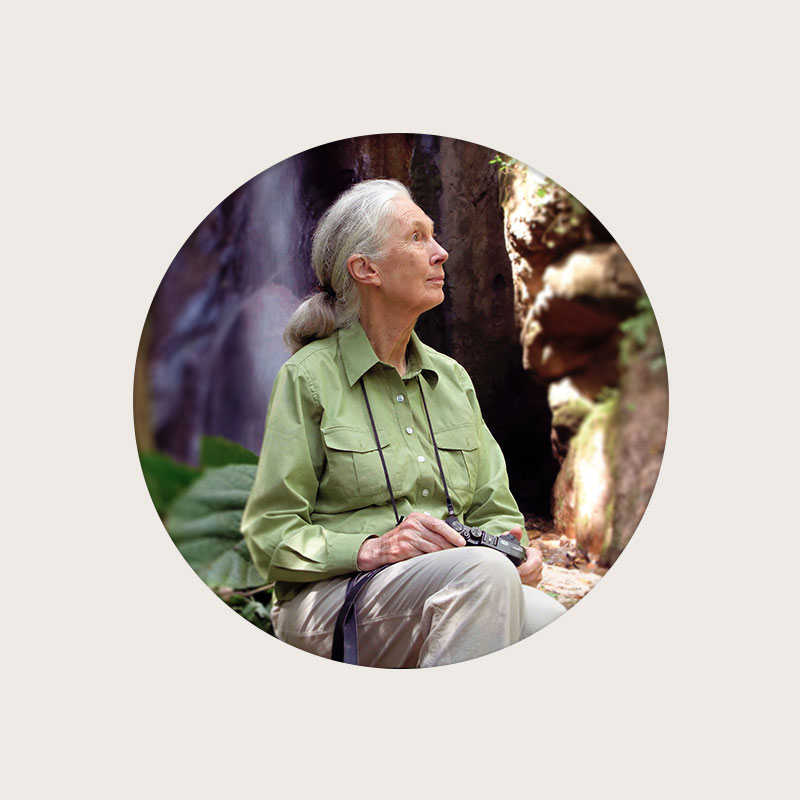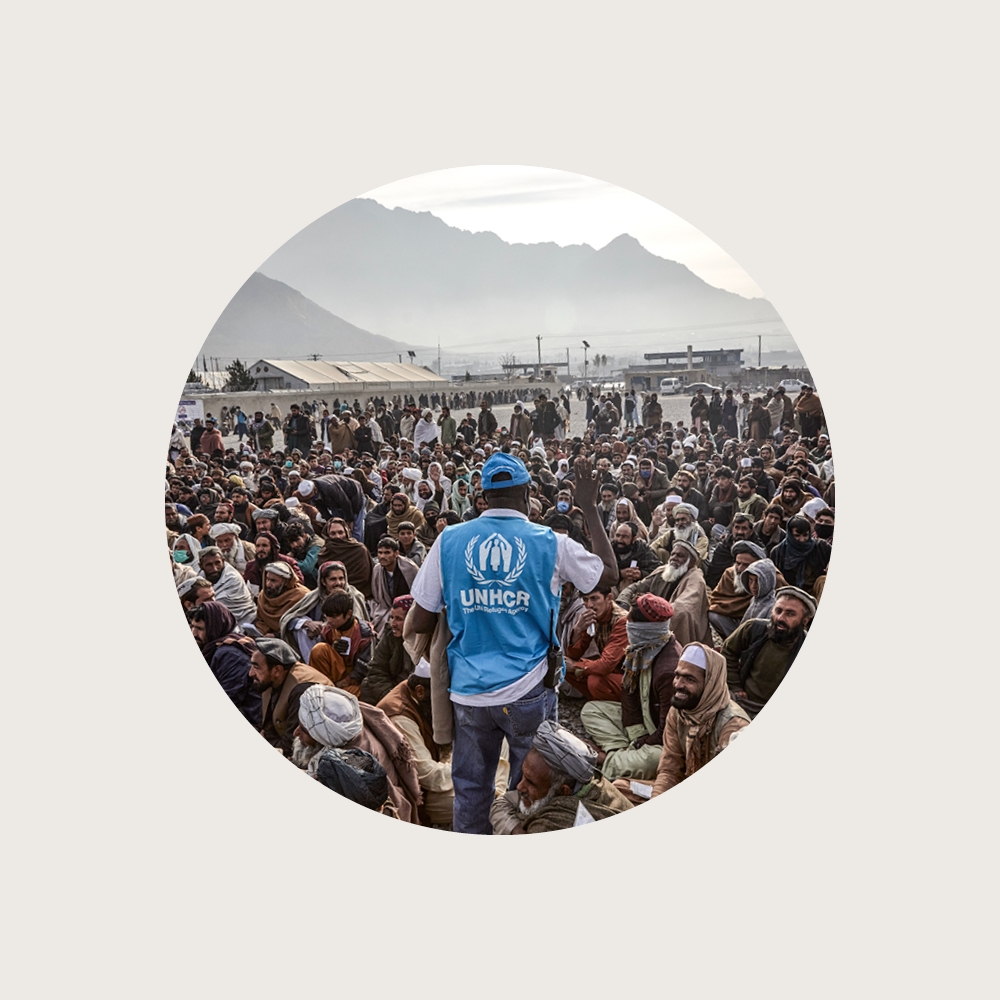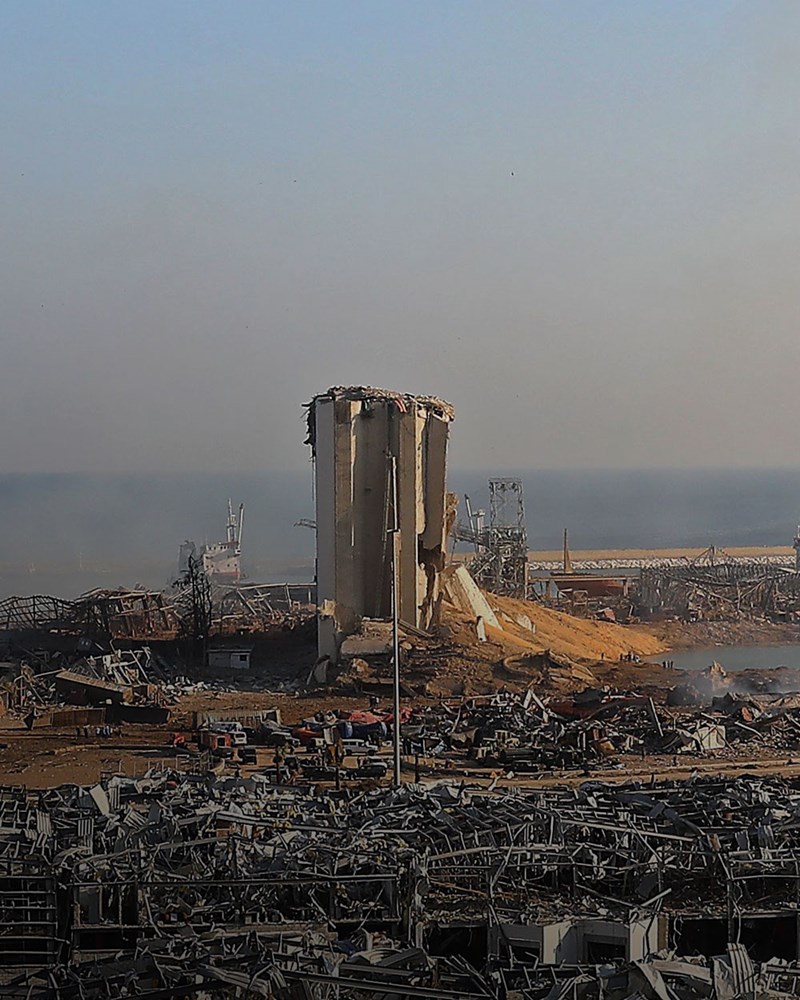Little Ahmad was just six months old when a rocket-propelled grenade tore through his family’s home in Syria, setting fire to his cradle and leaving him with 60 percent burns and severely damaged limbs. With no clinic nearby, Ahmad’s parents, Mustafa and Medina, walked from their home in the village of Kendal, near Kobane, to the Turkish border to get help.
Granted passage into Turkey on humanitarian grounds, they took Ahmad to a hospital, where his left hand and right foot were amputated. But a month later, the family was sent back to war-torn Syria.
Desperate to find treatment for their son’s burns, which had badly disfigured his face and fixed one of his knees at a 90 degrees angle preventing him from learning to walk, the parents set off on foot again, this time to northern Iraq, finally reaching the city of Erbil, in January 2021.
It was in Erbil that Ahmad’s casefile found its way onto the desk of surgeons from Swisscross, a new NGO providing complex reconstructive surgery for refugees, displaced families, and vulnerable communities affected by armed conflict.
Two years on, the youngster has had four surgeries, including multiple skin grafts to help him unbend his knee, and he is finally learning to walk with the aid of prosthetics.
Ahmad is one of hundreds of people whose life has been changed by Swisscross’ team of orthopaedic, maxillofacial, and plastic surgeons, who volunteer their time to travel to Iraq to give marginalised communities access to complex treatments that would otherwise be unobtainable.
“Many of these people are quite lost,” explains Swisscross founder, Enrique Steiger, a Zurich-based plastic and reconstructive surgeon. “Often they can’t walk, or can’t move their fingers or hands, and some can't close their eyes or even bite. But because their injuries are not life threatening, they are generally overlooked by ordinary medical services.
"But it’s not about just survival, it’s about dignity and not feeling like a burden to their family and community,” says Steiger. “If we are able to correct their deformities and give these people back their dignity and allow them to have some sort of normal life and return to work to support their families, then I think we have accomplished what we are there for.”

